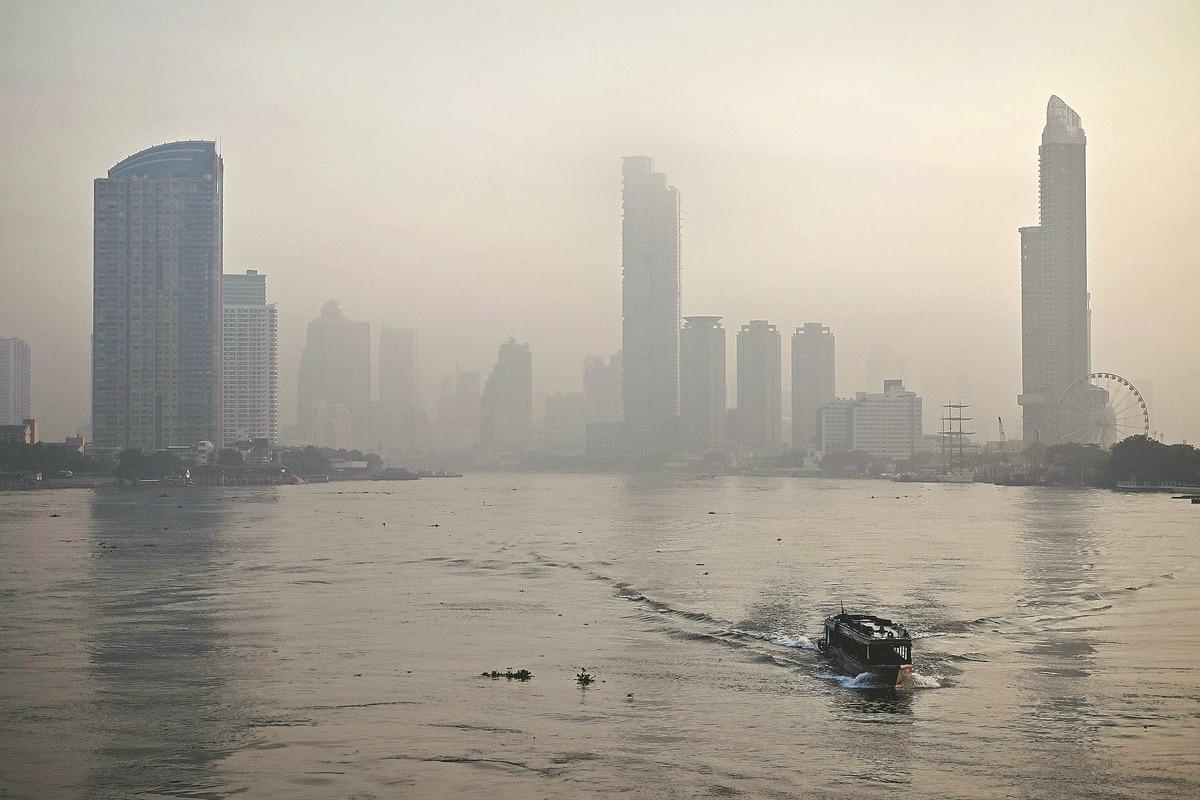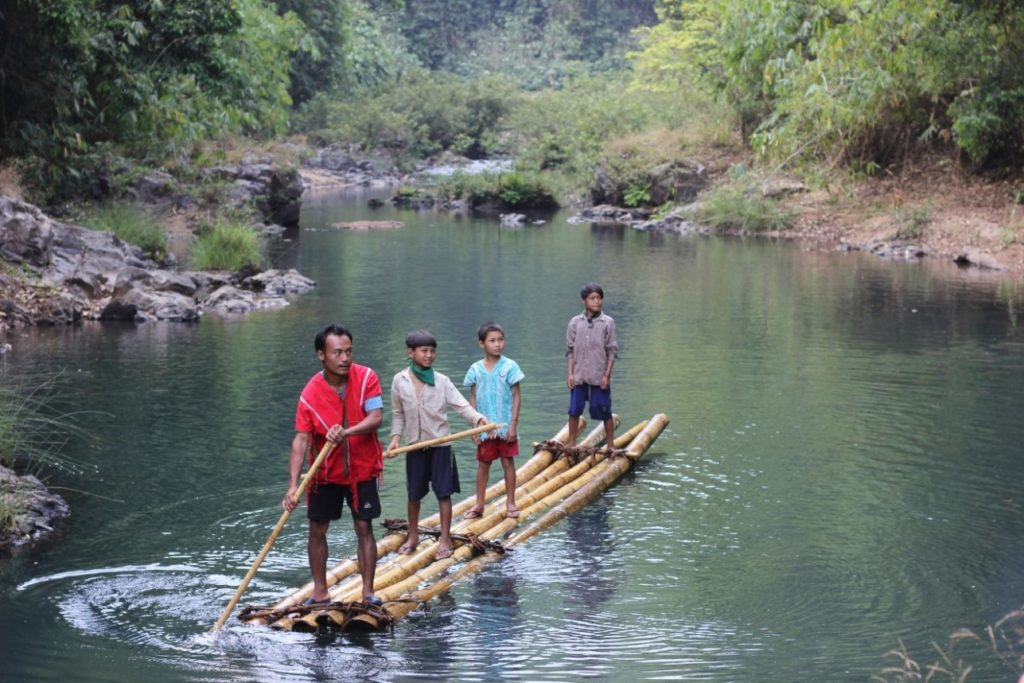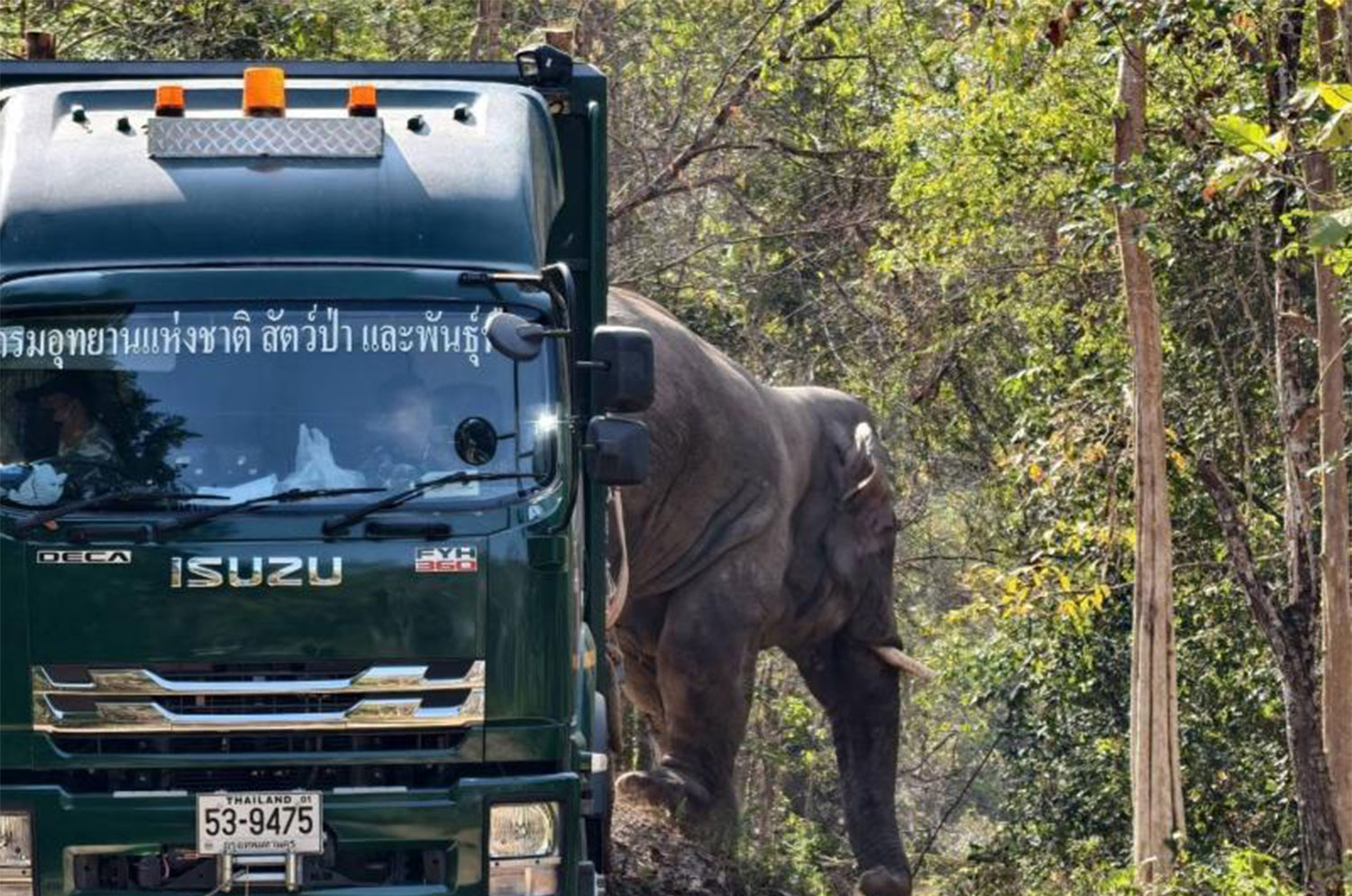Urgent Call for Action on River Pollution
Heavy Metal Contamination Threatens Northern Rivers
Northern Thailand’s Kok and Sai rivers, vital lifelines for over 1.2 million residents in Chiang Rai and Chiang Mai, are facing severe pollution from heavy metals and sediment. Originating in Myanmar’s Shan State, these rivers carry alarming levels of contaminants, including lead and arsenic, due to unregulated upstream mining activities. Local communities, reliant on these waters for drinking and agriculture, are now at significant health and economic risk, prompting urgent demands for government intervention.
Transboundary Pollution Challenges Communities
Mining in Myanmar Impacts Thai Ecosystems
The pollution crisis stems from cross-border mining operations in Myanmar, where 14 high-risk zones have been identified near rivers flowing into Thailand. These activities release toxic substances that degrade water quality, threatening ecosystems and livelihoods downstream. Recent flash floods and landslides in the region have worsened the situation, leaving communities vulnerable and highlighting the need for coordinated international efforts to address this transboundary issue.
Health Risks and Public Concerns Mount
Contaminated Rivers Spark Safety Fears
Elevated levels of cyanide, lead, and arsenic in the Kok and Sai rivers pose serious health risks, with long-term exposure potentially causing severe consequences. Authorities have advised residents to avoid direct contact with river water, yet public confidence in treated tap water remains low. This growing distrust underscores the urgency for transparent monitoring and effective solutions to restore safe water access for affected populations.
Push for Solutions and Regional Cooperation
Strategies to Combat River Pollution Underway
Local advocates and academics are pressing for stronger regulations and cross-border collaboration to tackle the pollution crisis. Proposed measures include stricter oversight of mining activities, enhanced water quality monitoring, and community-led conservation efforts. By addressing the root causes and fostering cooperation with Myanmar, Thailand aims to safeguard its northern rivers and protect the well-being of millions dependent on these critical water sources.








